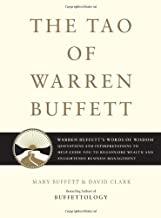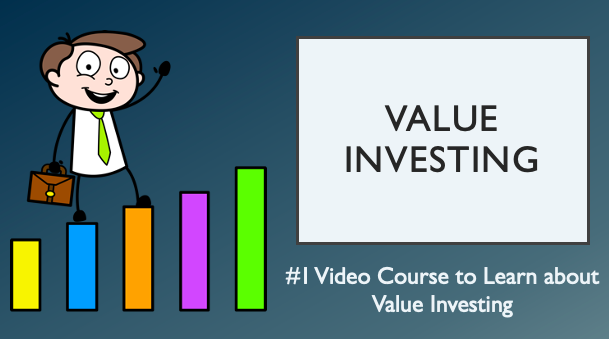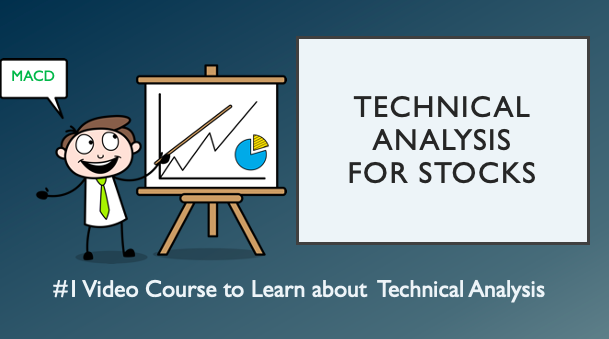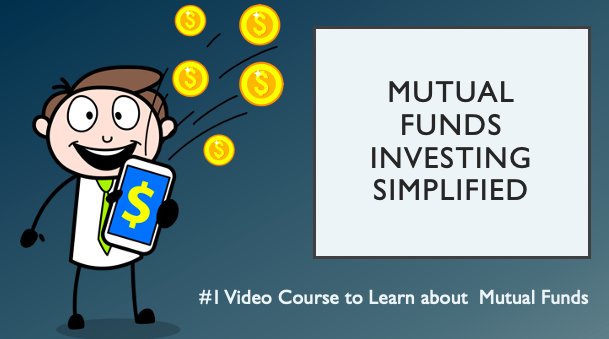Book Summary of The Tao of Warren Buffet
by Mary Buffett and David Clark

What is this book about?
The Tao of Warren Buffett is a collection of Warren Buffett's aphorisms and sayings, along with interpretations and explanations provided by the authors, Mary Buffett and David Clark. The book aims to distill Buffett's investment wisdom and life philosophy into easily digestible lessons that can guide readers in their own financial and personal decisions. It combines elements of investment strategy, business management, and life advice, offering insights into how Warren Buffett thinks and operates.
Who should read the book?
This book is ideal for:
- Investors: Both novice and experienced investors looking to learn from one of the most successful investors in history.
- Business professionals: Those interested in understanding the principles of business management and leadership.
- Fans of Warren Buffett: People who admire Buffett and want to gain deeper insights into his philosophy and strategies.
- Anyone interested in personal development: The book provides life lessons that go beyond investing, making it useful for anyone looking to improve their decision-making skills in various areas of life.
10 Big Ideas from the Book:
- Rule No. 1: Never lose money: Protecting your capital is crucial; avoid unnecessary risks.
- The power of compounding: Start investing early to take full advantage of compound interest.
- Invest in what you understand: Focus on businesses you can comprehend to reduce risks.
- Patience is key: Good things come to those who wait; don't rush into investments.
- Avoid unnecessary complexity: Simplicity in investing often leads to better outcomes.
- Integrity is crucial: Only do business with people you trust completely.
- Invest for the long term: Treat investments like a marriage—commit for life.
- Avoid diversification for its own sake: Concentrate on a few strong investments rather than spreading yourself too thin.
- Learn from others' mistakes: Study both successes and failures to avoid making the same errors.
- Happiness over money: True success isn't just about wealth but about being loved and respected.
Summary of The Tao of Warren Buffett
The Tao of Warren Buffett is a collection of 125 aphorisms that distill Warren Buffett's investment philosophy and life principles into easily digestible lessons. Each aphorism is followed by an explanation and interpretation provided by Mary Buffett and David Clark, offering insights into how these principles can be applied to investing, business, and personal life. The book covers a broad range of topics, from the importance of patience and simplicity in investing to the value of integrity and the pitfalls of greed.
Relevant Numbers and Ratios
-
Rule No. 1: Never lose money. Rule No. 2: Never forget rule No. 1 :
- Ratio/Concept: Protecting your initial capital is crucial. The larger the amount you lose initially, the harder it is to recover through compounding.
- Example: Compounding $100,000 at 15% for 20 years results in $1,636,653. Losing $90,000 and starting with $10,000 results in only $163,665.
-
The Power of Compounding :
- Key Concept: Starting early with a consistent return can dramatically grow your wealth over time.
- Example: Starting with $100,000 and compounding at 15% annually for 20 years grows to $1,636,653.
-
The Importance of Patience :
- Key Insight: Investing in strong businesses and holding them for the long term is a key to success.
- Example: Buffett’s investment in the Washington Post grew from $11 million in 1973 to $1.5 billion over 33 years.
-
Price to Earnings Ratio (P/E Ratio):
- Key Ratio: This is a common valuation ratio used by investors to determine whether a stock is over or underpriced. While Buffett doesn't rely on complex ratios, understanding basic P/E can be helpful.
- Example: Buffett bought Ogilvy & Mather during the 1973-74 crash at a P/E of 5, showing how undervalued it was.
-
Margin of Safety :
- Key Concept: Investing in businesses with a margin of safety—buying them at prices below their intrinsic value—reduces risk.
- Example: Warren only buys stocks that he believes are undervalued relative to their long-term potential.
-
Return on Equity (ROE):
- Key Ratio: Buffett often looks at companies with high ROE, indicating they are efficient in generating profit from shareholders' equity.
- Example: Companies with strong underlying economics, such as Coca-Cola, often have high ROE, making them attractive investments.
-
Dividend Yield:
- Key Ratio: Although not always a focus for Buffett, dividend yield is important when assessing whether a company is returning value to its shareholders.
- Insight: Buffett appreciates companies that can grow without constantly requiring capital reinvestment, which can be indicated by stable or growing dividends.
Key Insights
-
Invest in What You Understand: Warren Buffett emphasizes the importance of understanding the business you're investing in. This reduces the risk of making poor investment decisions based on speculation or herd mentality.
-
Patience is a Virtue: Buffett’s success is partly due to his patience. He invests for the long term, often holding stocks for decades. This approach allows the full benefit of compounding to work in his favor.
-
Avoid Unnecessary Complexity: Buffett believes in keeping things simple. He avoids complex financial instruments and strategies, preferring straightforward investments in companies with strong fundamentals.
-
The Value of Integrity: One of Buffett’s key criteria when evaluating businesses is the integrity of the management. He believes that intelligence and energy are dangerous without integrity, as dishonest managers can easily ruin a business.
-
Long-Term Economic Value: Buffett focuses on companies with durable competitive advantages—those that will remain strong in the future and do not require constant reinvestment to maintain their position.
-
Avoid Diversification for Diversification’s Sake: Unlike conventional wisdom, Buffett advises against excessive diversification. He believes in concentrating investments in a few well-chosen companies.
-
Stay Within Your Circle of Competence: Buffett advises investors to stick to areas they know well, where they can make informed decisions rather than taking unnecessary risks in unfamiliar industries.
-
Think Independently: Warren Buffett is known for making investment decisions that often go against the grain. He believes in the value of independent thinking, free from the influence of the crowd.
-
Reputation is Everything: Buffett often stresses that it takes years to build a reputation but only minutes to ruin it. He advises always acting in ways that preserve one's reputation.
-
Happiness Over Money: Buffett values personal happiness and relationships over the mere accumulation of wealth, reminding readers that money cannot buy love or health.
These principles from The Tao of Warren Buffett provide a comprehensive guide for anyone looking to build wealth and lead a successful, fulfilling life using the timeless wisdom of Warren Buffett.
Which other books are used as reference?
The book references other works by Mary Buffett and David Clark, such as:
- Buffettology
- The Buffettology Workbook
- The New Buffettology
Additionally, it refers to investment philosophies and principles from Warren Buffett’s mentors, particularly Benjamin Graham and Philip Fisher, who are mentioned in relation to Buffett’s investment strategies and philosophies.
Browse Summaries of Top Investing books!
You may also like the below Video Courses



